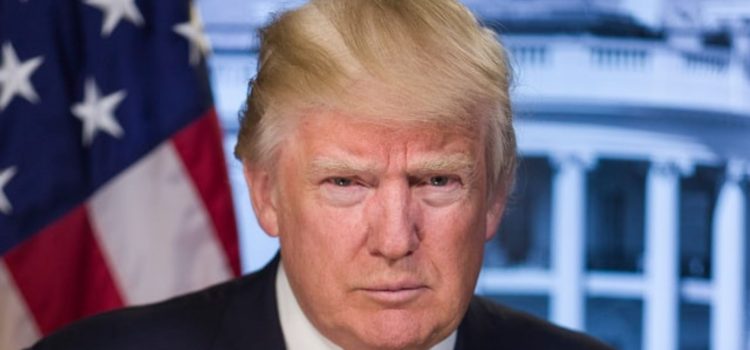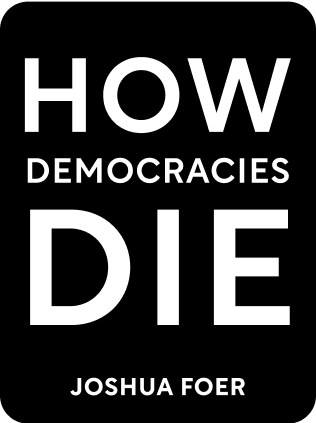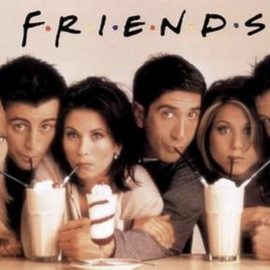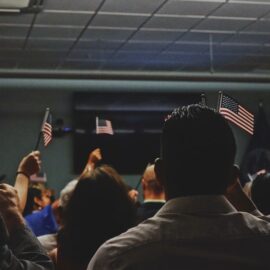

This article is an excerpt from the Shortform book guide to "How Democracies Die" by Steven Levitsky and Daniel Ziblatt. Shortform has the world's best summaries and analyses of books you should be reading.
Like this article? Sign up for a free trial here .
Is Donald Trump a threat to democracy? How does Trump contribute to the erosion of democratic norms in the United States?
According to Ziblatt and Levitsky, the authors of How Democracies Die, Donald Trump exhibits clear authoritarian tendencies that threaten American democracy. His impingement on democratic norms was evident from the first year of his presidency.
In this article, we’ll consider a couple of examples of Trump’s violation of democratic norms.
Ziblatt & Levitsky: Donald Trump Is a Threat to Democracy
Is Donald Trump a threat to democracy?
In their book How Democracies Die, authors Ziblatt and Levitsky argue that democratic norms in America have eroded at the hands of an increasingly radicalized Republican Party. Further, they state that such a figure as Donald Trump becoming the nominee of a major political party was an unprecedented development in American politics. They argue that GOP leaders faced a choice in the general election: to stand with Trump or to stand for democracy.
The very first year of Trump’s presidency was marked by the repeated and serial breaking of democratic norms. Here are two examples:
Example #1: Loyalty Pledges
Levitsky and Ziblatt cite the example of Trump demanding that FBI Director James Comey—sworn to uphold the Constitution—pledge his personal loyalty to Trump and drop the agency’s ongoing investigation into collusion between the Russian government and the Trump campaign. After Comey refused, Trump took what the authors characterize as the extraordinary step of firing him.
| LBJ and the CIA Although Levitsky and Ziblatt single out Donald Trump as a unique threat to democratic norms, he wasn’t the first president to attempt to capture the referees or subvert the powers of law enforcement and intelligence agencies to serve his own political ends. During the 1964 presidential election, Democratic President Lyndon B. Johnson directed the CIA to infiltrate the campaign of his Republican rival, Senator Barry Goldwater of Arizona. Howard Hunt—a CIA operative who later was to play a major role in the Watergate scandal—spearheaded the operation, collecting advance copies of Goldwater’s position papers, speeches, and press releases that were then passed along to the Johnson campaign. Johnson benefited greatly from this espionage, as he was able to anticipate and respond to Goldwater’s statements before the latter even made them. Johnson went on to defeat Goldwater in one of the biggest presidential landslides in U.S. history. |
Example #2: Voter Suppression
Levitsky and Ziblatt further charge that Trump attempted to rewrite the rules of the democratic game through the Presidential Advisory Commission on Electoral Integrity. The commission’s ostensible aim was to root out in-person voter fraud and clean up America’s election system. Levitsky and Ziblatt counter that there was zero evidence for these claims of widespread voter fraud and that the true purpose of the commission was to encourage the adoption of state voter ID laws that would make it disproportionately harder for poorer and non-white voters—in other words, voters more likely to support Democrats—to exercise the franchise.
| The 2021 Georgia Election Law To expand upon the arguments made by Levitsky and Ziblatt, these efforts on the part of Republican state officials to change voting rules seem to have continued even after Trump left office. In 2020, Democratic nominee Joe Biden narrowly won the state of Georgia, as did Democratic U.S. Senate challengers Raphael Warnock and Jon Ossoff, delivering the state to the party for the first time in a generation. In the wake of that defeat, the GOP-dominated state government in Georgia passed a sweeping new election law that Democrats and voting-rights advocates argue is designed to suppress ballot access and make voting harder, especially for the state’s large Black and urban population (which was crucial to the Democratic victories in 2020). Among other provisions, the law imposes strict new ID requirements for absentee voting, prevents election officials from mailing out absentee ballots on a universal basis, bans mobile voting centers and ballot drop boxes, and makes it illegal to hand out food or water to voters waiting on long lines. Voting-rights advocates are most concerned about a provision that enables the state legislature (which is dominated by Republicans) to suspend county-level election commissioners. Critics contend that this will enable the legislature to cite unfounded claims of fraud and use that as a pretext to tamper with election procedures or results in heavily Democratic counties.. |

———End of Preview———
Like what you just read? Read the rest of the world's best book summary and analysis of Steven Levitsky and Daniel Ziblatt's "How Democracies Die" at Shortform .
Here's what you'll find in our full How Democracies Die summary :
- How shared norms are essential for preserving democracy
- Why the Trump presidency threatened those shared norms
- Why democracy goes beyond individual leaders and parties and must be a shared enterprise among committed individuals






